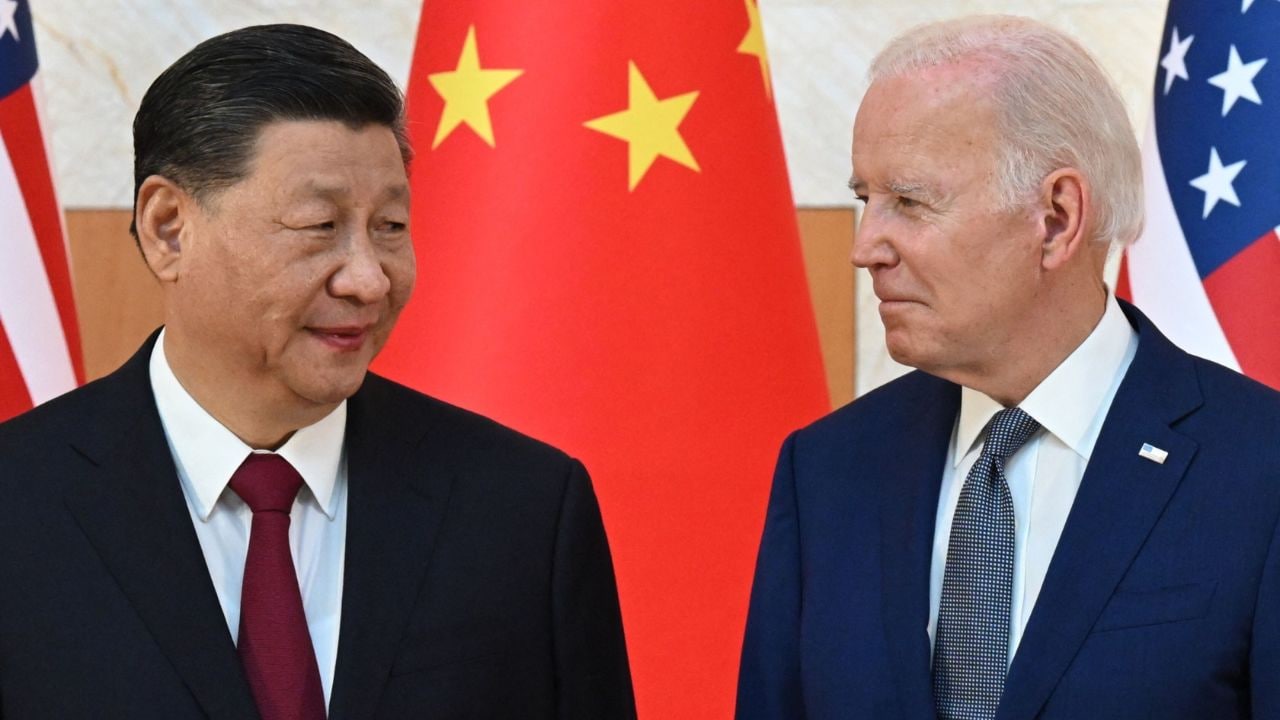
Apple is reportedly poised to ramp up its iPhone manufacturing in India, with production potentially reaching over $30 billion annually within the next two years. This surge could be driven by US President-elect Donald Trump’s proposed tariffs on Chinese imports, which might prompt the tech giant to shift more of its operations to India. According to The Economic Times, the company’s current annual iPhone production in India stands at around $15-16 billion, but this figure could increase significantly if tariffs on Chinese goods, proposed at rates of 60 to 100 per cent, come into effect.
During his first term, President Trump implemented tariffs on Chinese products, and experts predict that a similar move in his second term could bolster India’s role in Apple’s global supply chain. Such a shift would not only enhance economic ties between the US and India but could also reshape global trade dynamics, benefiting sectors like electronics, particularly iPhone manufacturing, in India. ALSO READ: Elon Musk Emerging To Be Vital Presence At Donald Trump's Mar-A-Lago Following US Election Win Impact of Tariffs on India’s Manufacturing Landscape The potential impact of Trump’s tariff policies is substantial, with experts forecasting that Apple could increase its production capacity in India by a considerable margin.
This shift might lead to the creation of up to 200,000 new jobs and elevate India’s contribution to global iPhone production from the current 12-14 per cent to more than 26 per cent. As the demand for premium iPhone models, such as the iPhone Pro series, grows, the value of India’s iPhone production could exceed $30 billion annually in the coming years. Neil Shah, Vice President at Counterpoint Research, highlighted the potential for significant growth in Indian iPhone production, driven by both increasing global demand and local manufacturing expansion.
Key Challenges for India’s Manufacturing Growth However, the scale of this expansion hinges on a number of factors, including the future direction of US trade policies and India’s ability to address existing challenges such as cost inefficiencies and regulatory uncertainties. The Indian government will need to continue supporting reforms, including initiatives like the Production Linked Incentive (PLI) scheme, to ensure that iPhone production remains in India, particularly as countries like Vietnam present alternative low-cost manufacturing options. Apple has already shifted 12 to 14 per cent of its iPhone production to India over the past three years, but over 85 per cent of its devices are still made in China.
The company has also been working closely with its contractors — Foxconn, Pegatron, and Tata Electronics — to expand production capacity in India, the world’s second-largest smartphone market. Around 70 per cent of the iPhones produced in India are exported, with the US being a key destination. ALSO READ: From Rivals To 'I Love You': A Quick Look At The Donald Trump-Elon Musk Affair Tata Group’s New Facility to Boost Production Capacity In line with this expansion, the Tata Group is set to open a new iPhone manufacturing facility in Hosur, Tamil Nadu, creating up to 40,000 jobs.
This new plant is expected to begin operations soon and will play a key role in Apple’s strategy to ramp up production in India, particularly if US tariffs on Chinese goods are implemented. However, scaling up manufacturing on such a large scale — especially for export markets — presents a significant challenge for India, as the country has never experienced manufacturing at this level before..














